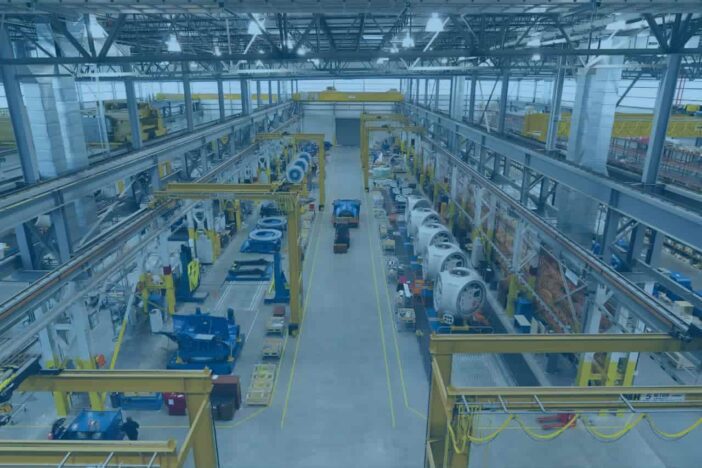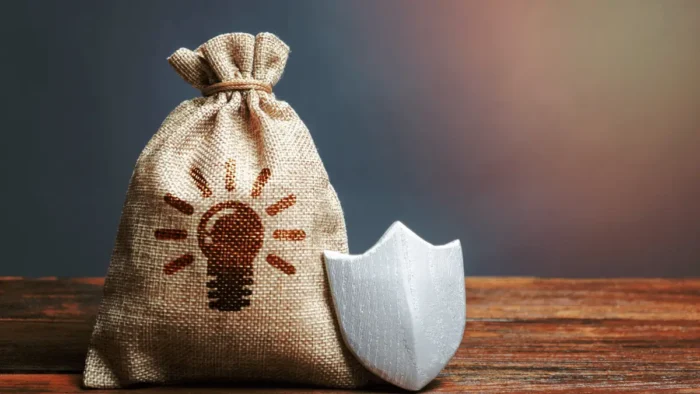These days, the issues facing the sustainability of our planet are clear to see. On an individual level, people are encouraged to reduce waste, recycle, or simply buy less. It is often seen as a noble or right thing to do, as we all face the same ecological crisis.
But what are manufacturers doing to join in the fight? There are a few key examples of how manufacturing and distribution companies are trying to integrate and promote sustainability, some of which are discussed in this article.
Sustainability Issues Facing The World
The fact of the matter is that humans create more waste and pollution than ever before; more than any other species ever, too. The sustainability specialists over at TRVST explain that despite all the problems we face, “we’re making progress. Governments are making moves and changemakers are creating innovative solutions.” This is great news, as, without these governments and forward-thinking individuals, the planet is heading down a disastrous route. Our oceans are filling up with plastic, sea levels are rising, animals are becoming extinct, and habitats around the world are being destroyed, all for human gain. It’s time to bring it to a stop, and do it quickly.
What is Sustainable Manufacturing?
The biggest problem we face is that we mass-produce and manufacture products that are then shipped around the world. This creates a huge amount of waste, heavy emissions, and rapid use of materials. Some processes have been optimized to be as cheap and efficient as possible so companies can make as much profit as possible. Now, the tides are turning, with companies being put under pressure to be more sustainable rather than simply money-making machines. Here are some of the ways that big businesses are trying to make a difference.
Waste Reduction
In many manufacturing processes, there are unwanted byproducts. Whether these are created by chemical reactions or simply a collection of unused materials, they have traditionally simply been thrown in landfills or incinerated. Nowadays, byproducts are being reused or recycled into bio-efficient fuel sources. For example, when beer is brewed, there is a lot of wasted water and organic matter. Now, brewers are upcycling water and using it multiple times without compromising the quality of their final product. The yeast and other matter can also be composted or turned into fuel. Amazing stuff.
3D Printing
3D printing has formed a bit of a revolution in sustainable manufacturing. It is so efficient and accurate that there are next to no wasted materials when compared with traditional manufacturing processes. It also allows for stronger parts to be manufactured out of less material matter, while also using more sustainably sourced materials. These advances in the manufacturing process, thanks to 3D printing, have saved countless tons of wasted materials, therefore also reducing the output of other, more traditional manufacturing processes along the way.
Sustainable Fashion
Sustainability in fashion has become a hot topic. Unfortunately, for many years, the fashion industry has created a huge proportion of the world’s waste materials. Fashion has become so disposable to the consumer that it has created a huge spike in interest in sustainable fashion brands.
For example, many manufacturers now opt to use organic cotton instead of polyester and other blended fabrics. This makes the fabric organic, biodegradable matter, meaning that fewer fashion items will fill landfills. Other innovations include the recycling of materials by breaking them down and re-building the threads into newer fabrics, though this technology is still in its infancy. As part of a broader sustainability strategy, some companies are exploring carbon dioxide removal technology to neutralize or offset the emissions associated with their production processes.
Electric Vehicles
With manufacturing comes distribution, and with distribution comes a huge amount of fossil fuel use. Trucks and planes do thousands of miles every year, almost always fuelled by petroleum or diesel. One of the big things manufacturing companies is doing to combat this is making the switch to electric vehicles.
Electric vehicles are undoubtedly far better for the environment than their fossil-fuelled counterparts and they have been making a massive difference to personal vehicle use. Now, manufacturing and distribution companies have started to invest in electric shipping methods. Trucks especially are starting to become more and more electric-based, meaning that a huge chunk of emissions can be saved. This is rapidly changing the CO2 emission levels of distribution companies and can quickly make shipping far more sustainable than it has ever been before.
If manufacturing companies adopt the methods listed above, whilst also innovating further, the sustainability levels will increase rapidly. With these advances in technology, massive inroads will be made towards making manufacturing more sustainable and, therefore, help to save the planet from global warming and other issues. Hopefully, before we know it, sustainability will be a major contributing factor to making businesses more successful and appealing to consumers.





